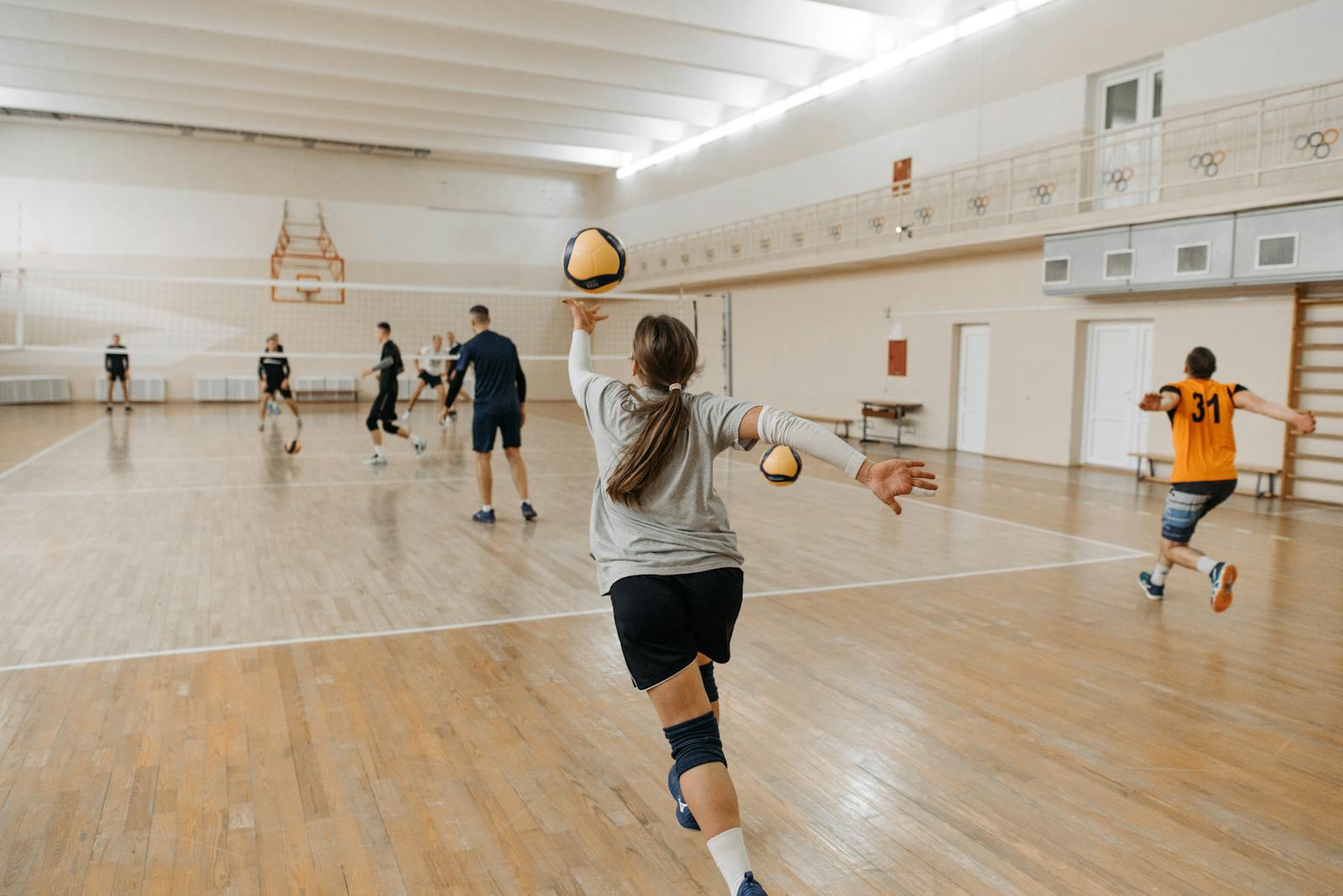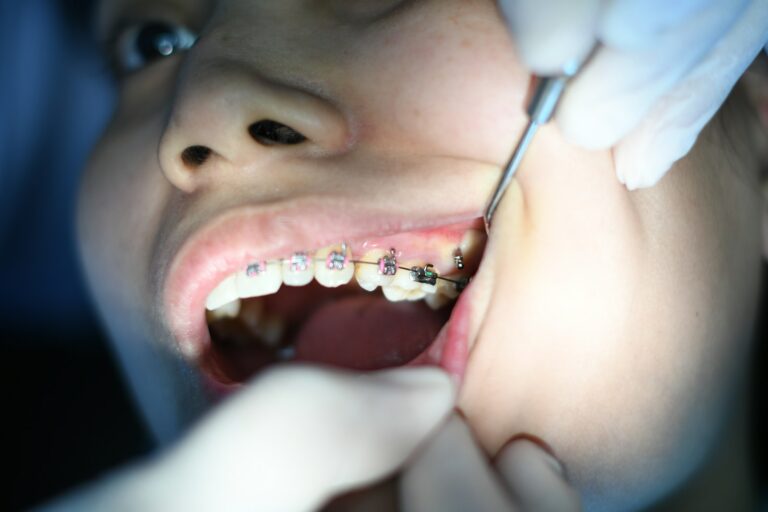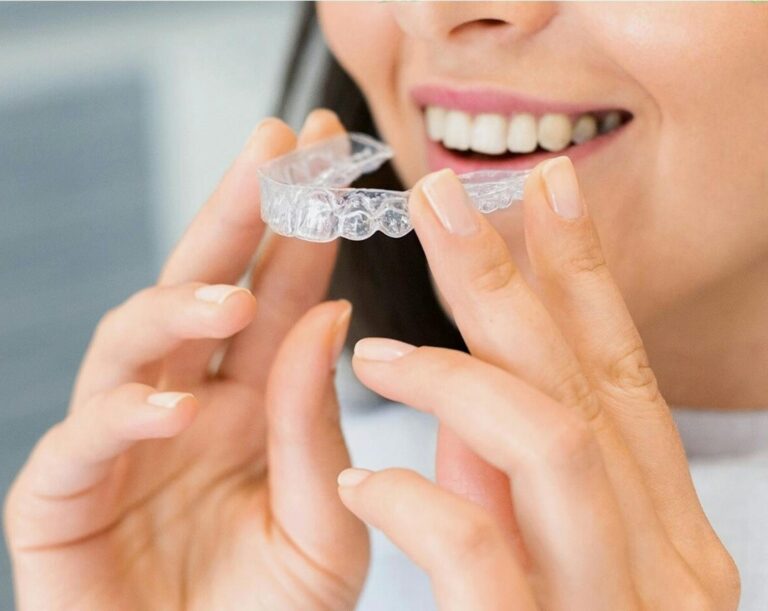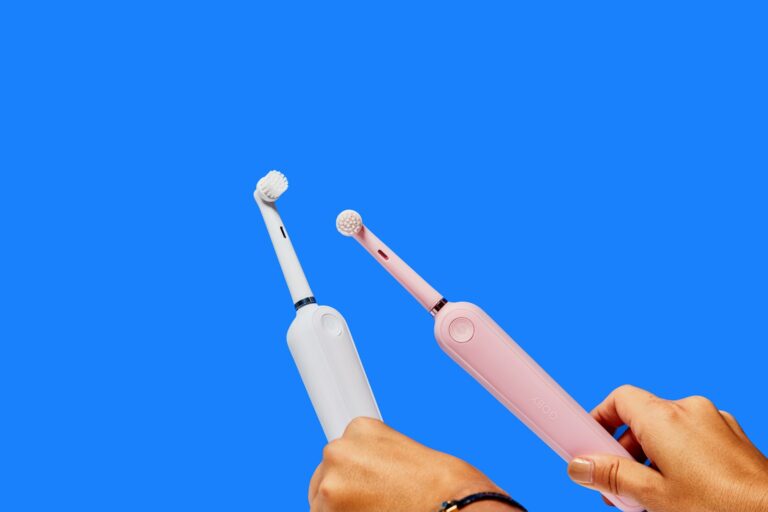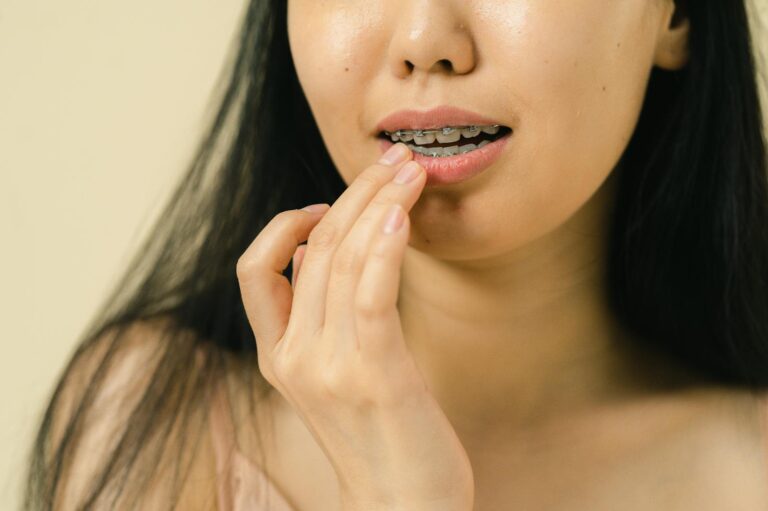Can You Play Sports or Musical Instruments While Wearing Braces?
Braces are a fantastic investment in your future smile, but if you’re an athlete or musician, you might be wondering: Can braces affect my ability to play sports or musical instruments? The good news is that you don’t have to give up your passions. With the right precautions, you can continue playing both sports and instruments comfortably and safely while wearing braces. Let’s break it down.
Playing Sports with Braces: What You Need to Know
Can You Still Play Sports with Braces?
Yes, braces don’t stop you from staying active, but they do require a little extra protection to prevent injuries to your mouth.
Protecting Your Teeth: The Importance of a Mouthguard
A mouthguard is your best defense against braces-related injuries in sports. Whether you’re playing contact sports like football, basketball, or soccer, or non-contact activities like tennis, running, or swimming, a properly fitted mouthguard keeps your braces and teeth safe.
Types of Mouthguards for Braces
- Orthodontic mouthguards – Specially designed to fit over braces, providing extra space and comfort.
- Boil-and-bite mouthguards – Can be molded at home but may not fit as well over brackets.
- Custom-fitted mouthguards – Made by your orthodontist for maximum protection, best option for serious athletes.
What Happens If You Get Hit in the Mouth?
Even with a mouthguard, accidents happen. If you experience a hit to the face:
- Check for broken brackets or bent wires.
- Rinse with salt water to reduce irritation.
- Apply orthodontic wax if a broken wire is poking your cheek.
- Contact your orthodontist for an adjustment if needed.
Best Sports for Braces Wearers
Choosing the right sport while wearing braces can help minimize the risk of injuries while allowing you to stay active and enjoy your favorite activities. Some sports are naturally safer for individuals with braces, while others require extra precautions, such as wearing a mouthguard.
Low-Risk Sports
These activities pose minimal risk of facial injuries and are ideal for braces wearers:
- Swimming – A non-contact sport with no direct impact on the mouth.
- Track and Field – Running, sprinting, and jumping activities are braces-friendly.
- Tennis – Since it is a non-contact sport, the risk of direct facial impact is low.
- Golf – No physical contact involved, making it a great choice for those with braces.
- Cycling – While it is generally safe, wearing a helmet can provide additional protection in case of falls.
Moderate-Risk Sports
These sports may involve occasional facial contact, so extra care should be taken:
- Volleyball – While not a direct contact sport, accidental hits from the ball or other players can occur.
- Baseball/Softball – Players should wear a protective faceguard, especially batters and catchers.
- Gymnastics – Certain routines can pose a risk of falls, so awareness of movement is key.
- Skiing/Snowboarding – Protective gear, including a mouthguard, is advisable to prevent injuries from falls.
High-Risk Sports (Mouthguard Required)
These sports involve frequent physical contact or fast-moving objects, increasing the risk of braces damage:
- Football – A custom-fitted orthodontic mouthguard is essential for protection.
- Basketball – Unexpected elbows and collisions can occur, making a mouthguard necessary.
- Hockey – Both field and ice hockey require mouthguards due to stick and puck impacts.
- Martial Arts/Wrestling – Direct contact sports where hits to the face are common; braces wearers should always use mouth protection.
- Boxing – Highly risky for braces; wearing both a top and bottom mouthguard is a must.
Regardless of the sport you choose, protecting your braces and teeth should always be a priority. Wearing the right mouthguard and taking precautions will allow you to continue enjoying your favorite physical activities without compromising your orthodontic treatment.
Braces-friendly sports include:
- Swimming
- Track and field
- Tennis
- Golf
- Cycling
If you play contact sports like football, basketball, or hockey, always wear a mouthguard to avoid injuries.
Playing Musical Instruments with Braces
Can You Play Wind or Brass Instruments with Braces?
Yes, but it may take some adjustment, especially if you play trumpet, flute, saxophone, clarinet, or trombone. The pressure of the instrument’s mouthpiece against your lips can cause discomfort at first.
Tips for Playing Instruments with Braces
Brass instruments like trumpet, trombone, and tuba may require an adjustment period as your lips adapt. Using orthodontic wax on brackets can help reduce lip irritation, and some players find lip protectors or brace covers helpful.
Woodwind instruments like clarinet, flute, saxophone, and oboe put less pressure on the lips compared to brass instruments. Flute players may experience more discomfort due to the embouchure. Gradually increasing practice time can help avoid soreness.
How Long Does It Take to Adjust?
Most musicians adapt within a few weeks. At first, you may experience increased lip fatigue, minor discomfort, and changes in tone quality, but these effects are temporary. Many professional musicians have worn braces and continued playing successfully.
Final Thoughts: You Can Still Do What You Love
Wearing braces doesn’t mean giving up sports or music, it just means making a few adjustments. With the right precautions, like using a mouthguard for sports or wax for instruments, you’ll be able to continue playing safely and comfortably.
If you ever experience discomfort, don’t hesitate to check in with your orthodontist for additional tips. Your smile is a work in progress, but that doesn’t mean you have to put your passions on hold. Keep playing, keep smiling, and enjoy the journey.
